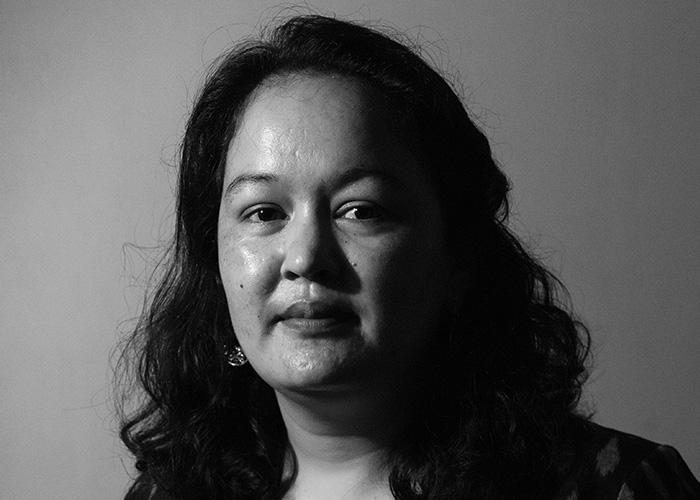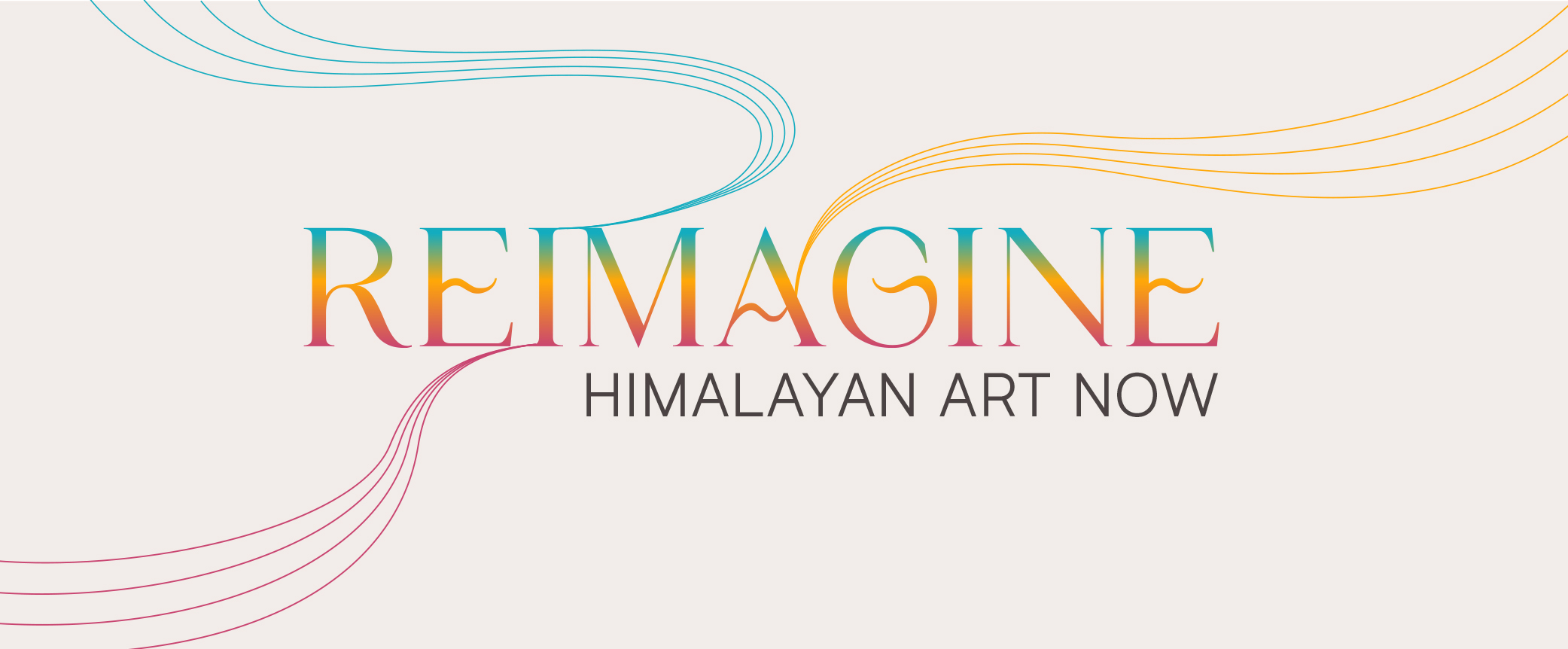
Uma Bista
Reimagine: Himalayan Art Now
March 15–October 6, 2024

LISTEN TO THE ARTIST
ABOUT THE ARTIST
Uma Bista (she/her)
b. 1990, Kathmandu, Nepal; lives and works in Kathmandu, Nepal
Nepal-based artist Uma Bista uses her camera to capture powerful visual stories that address gender inequality. Her work carefully explores the societal, cultural, familial, personal, political, and psychological dimensions of this issue.
The artist examines how deeply ingrained cultural practices surrounding menstruation affect the physical health and mental well-being of girls and women. She portrays the lasting emotional trauma caused by traditional menstrual rituals passed down through generations. Uma Bista also sheds light on the ongoing conflict between older women who uphold these customs and younger women who strive to break free from such superstitious limitations.
She is an alumna of Pathshala South Asian Media Institute in Dhaka, Bangladesh, Angkor Photo Workshop in Cambodia, and VII Academy in Arles, France. Uma Bista was named in the British Journal of Photography‘s annual Ones to Watch 2019. She was a Magnum Foundation Photography and Social Justice Fellow in 2020 and currently serves as an Advisory Committee member at Women Photograph. Her works, including Our Songs from the Forest, Stay Home, Sisters, Boundless, and I have been published and exhibited nationally and internationally.
umabista.com / @uma.bista
ABOUT THE ARTWORK IN REIMAGINE

Stay Home Sisters is a photograph project about menstrual taboos in Nepal that highlights narratives of resistance and the agency of young women. On display in the exhibition are six photographs from the series in which Uma Bista turns the lens inward, exploring her encounters with the psychological trauma inflicted by traditional beliefs. Reciting her own poem, the artist talks about the story of a woman who endured a twelve-day confinement during her first menstruation. She was denied sunlight and contact with male family members. During this time, women are not allowed to perform rituals or touch any deities.
Uma Bista chose for her work to be in dialogue with the Rubin’s Red Avalokiteshvara to shed light on the fact that in the name of religion and tradition, some women still have to endure in silence menstrual practices that were outlawed in 2005 and criminalized in 2018.
Poem
This poem, written and recited by Uma Bista, accompanies her artwork in the Reimagine exhibition. It is about the story of a woman who endured a twelve-day confinement during her first menstruation.
Read a transcript of the poem.
RELATED RUBIN OBJECT

This object from the Rubin Museum’s collection is presented in the Reimagine exhibition in dialogue with Stay Home Sisters, inviting new ways of encountering traditional Himalayan art.


